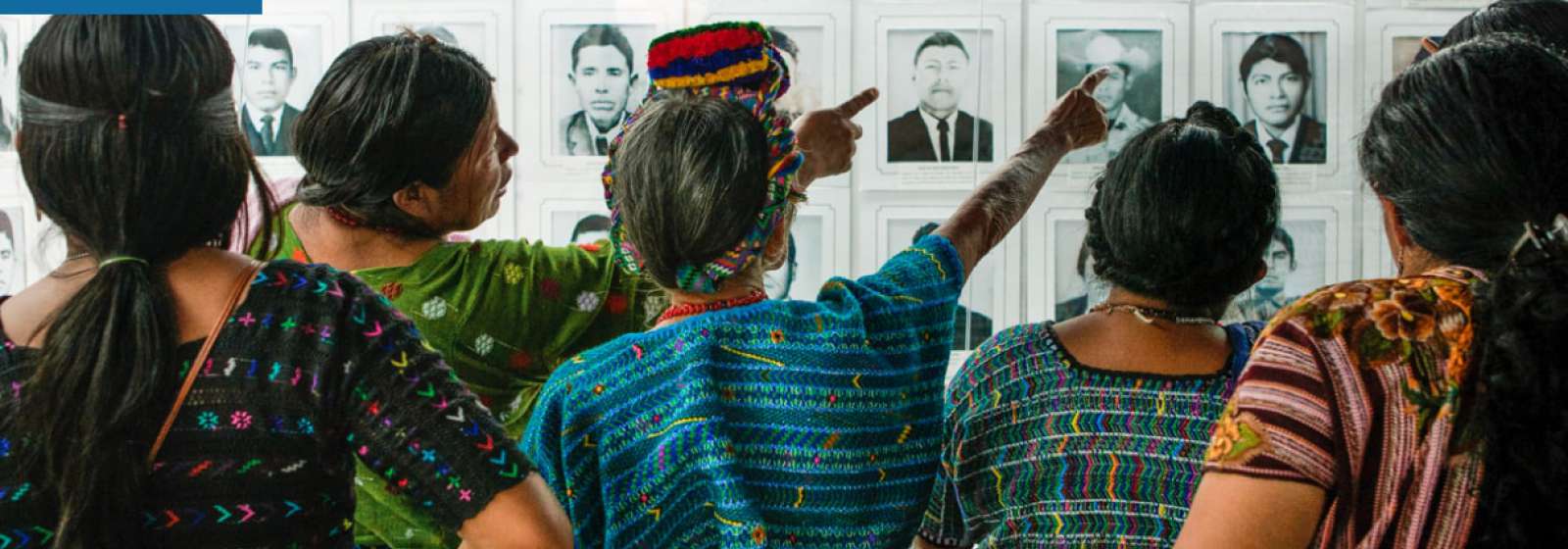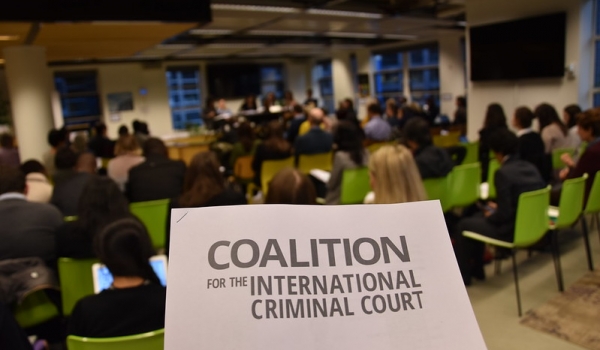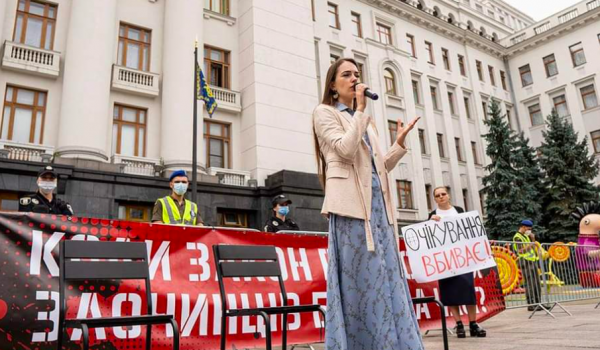
Access to justice
By promoting stronger institutions at the national level, the Rome Statute enhances victims' access to justice, UN Global Goal 16.
Goal 16 of the UN’s 2030 Agenda for Sustainable Development (SDG16) aims to promote peaceful and inclusive societies for sustainable development, provide access to justice for all, and build effective, accountable, and inclusive institutions at all levels.
The ICC plays a crucial role among the many institutions helping to achieve these objectives. Within the framework of SDG16, the ICC stands as a leading institution in efforts to end abuse and exploitation of children and women, reduce all forms of violence, and promote the rule of law.
Where ending the exploitation of children is concerned, for instance, Congolese rebel leader Thomas Lubanga’s war crime conviction for enlisting children serves as just one example of the ICC's potential. The trials of Dominic Ongwen and Bosco Ntaganda represent opportunities to test the range of this potential.
The Rome Statute's role in achieving SDG16 is apparent. With its ever-evolving policies around effective investigations and prosecutions, the ICC works to guarantee equal access to justice for victims. And by working in cooperation with member states, it helps strengthen all national institutions impacting the justice process.


